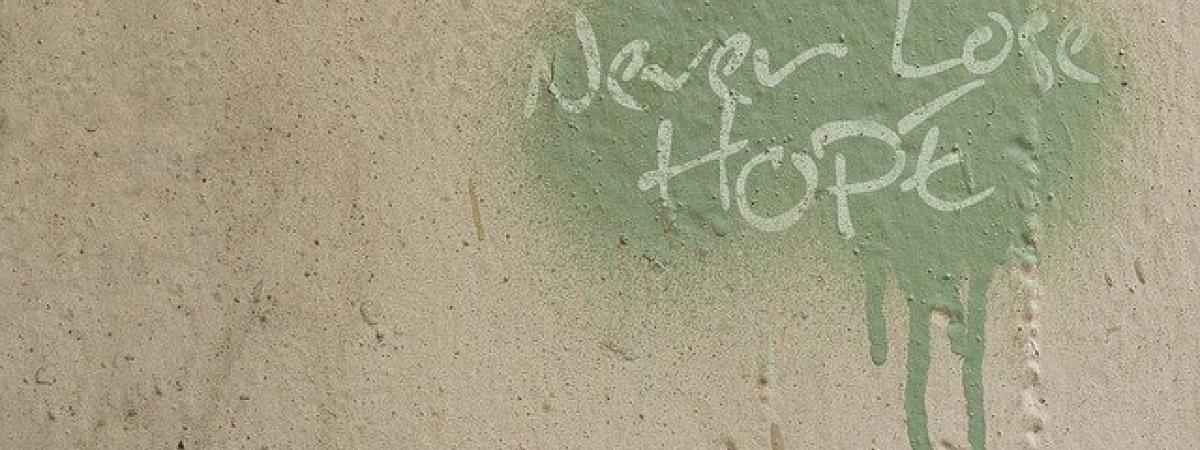Will we find a cure for COVID-19?
published in Reader's Digest,
06 August 2020

According to the writer Johann Wolfgang Goethe, “Discovery needs luck, invention and intellect”. While we await a coronavirus vaccine, let’s take a look at what else scientific intellect—and luck?—may achieve in this collective worldwide endeavour*.
Hiding in plain sight?
Much drug development relies on repurposing existing drugs: in other words, identifying new uses for old favourites—or “teaching old drugs new tricks”. Aspirin, for example, long used as an anti-inflammatory, helping to lessen mild pain and fever and prevent heart attacks and strokes, has more recently been tested for its ability to reduce the risk of bowel cancer. Ketamine, meanwhile, is being tested in low doses as an antidepressant, having traditionally been used as an anaesthetic.
When it comes to COVID-19, scientists may not have to go as far as repurposing drugs but instead simply recycle existing drugs with known anti-viral actions to do their worst on COVID-19: the cure could, we hope, be hiding in plain sight.
Because the sickest patients with COVID-19 often suffer from an extreme inflammatory response, when their immune system goes haywire, known anti-inflammatory drugs might also be recycled; and common anti-clotting drugs may sort out the “sticky blood” that afflicts and seriously affects so many.
Anti-virals
Used to treat Ebola, Remdesivir is an anti-viral being tested for its anti-COVID-19 effects. Whilst perhaps slightly speeding up recovery, the drug has not yet been shown to reduce mortality.
Hydroxychloroquine is an anti-malaria drug; Lopinavir/Ritonavir is used for the treatment and prevention of HIV/AIDS: scientists wonder whether these drugs might play a part in the prevention of COVID-19—particularly in health care workers, with trials continuing.
Less obvious anti-virals are also in the running in COVID-19 research. The ELVIS COVID-19 Study, based at the University of Edinburgh, wonders whether sea salt may boost cells’ antiviral defence, the PRINCIPLE trial whether a particular antibiotic could surprise with antiviral effects (antibiotics do not work for viral infections such as colds and flu).
Exciting news, perhaps, about the diabetes drug, metformin. Few people know that, before its use in diabetes, it was used as an anti-influenza drug. Recent research suggests it may reduce mortality in some women with diabetes and COVID-19.
Scientists warn, meanwhile, against “false reassurance” when it comes to vitamin D and COVID-19, stressing that there is not yet evidence to support its role in prevention or cure.
Anti-inflammatories
In those who are severely ill, drugs which dampen the dangerously exaggerated immune response that can happen late in the course of COVID-19 may help—but by then COVID-19 will have rampaged ferociously through the body, attacking almost anything.
Dexamethasone—used since the 1960s to ease breathing in asthma, croup and flare-ups of COPD, and tried as a treatment for SARS (severe acute respiratory syndrome), a related lung disease—may help those with COVID-19 who need ventilators or oxygen. But Dr Hilary Jones warns against getting carried away with the finding, reminding that, for those on ventilators, “the death rate even with dexamethasone is still 28 per cent” (compared to 40 per cent without the drug).
Travelling further back in time, scientists have turned their attention to colchicine (derived from the autumn crocus)—a drug used since 2000BC for joint swelling, and used today for gout. We await results in its research.
Anti-clotting drugs
First feared as a disease that devastates the lungs, it’s now clear that COVID-19 causes chaos throughout the entire body—including causing deadly blood clots. If used carefully, blood-thinning drugs may save lives.
Receiving blood from a recovered patient, meanwhile, might help treat COVID-19. More than 100,000 people have offered to donate their blood plasma, to help test whether it’s a possible panacea.
A little bit of luck
Could chance, or luck, play a part in the quest to cure COVID-19? So-called “accidental discoveries” pepper the pages of medical history. Penicillin, for example, was found when mould contaminated a scientific experiment; Viagra was first hoped to cure angina pain, but was seen, by surprise, to enhance erections.
To succeed in science, chance needs coupling with curiosity—Louis Pasteur once saying that “chance favours the prepared mind”. Scientists are certainly prepared to seize any surprises that might lead to a cure. Stay alert? They are.
